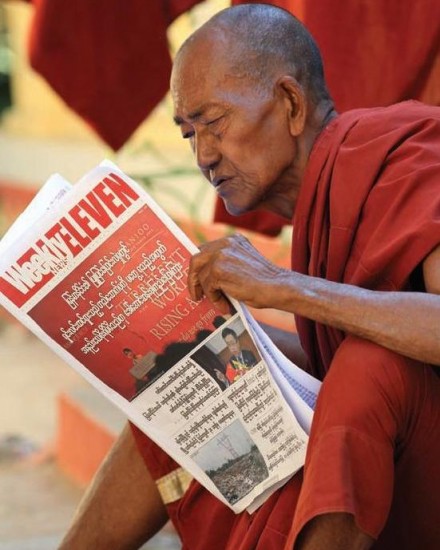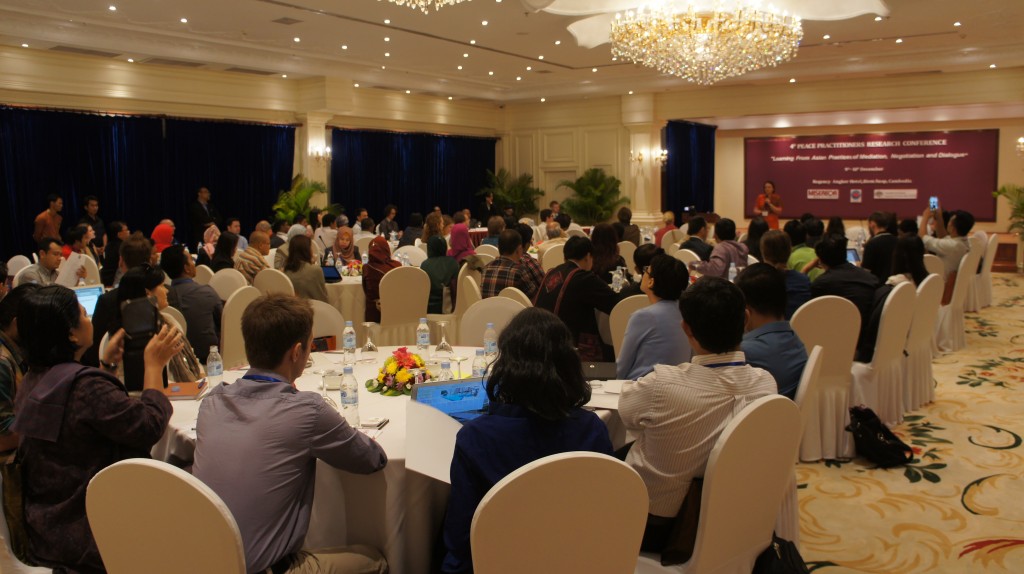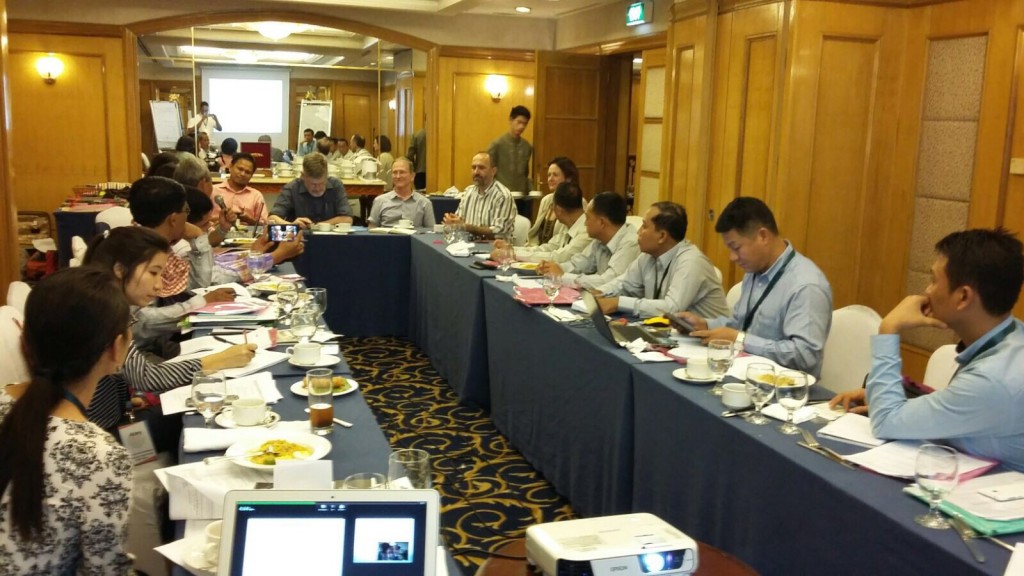
- About Us
- Publication
- ACTS Study
- Peace Conferences
- 2025 Peace Practitioners’ Research Conference
- 2024 Peace Practitioners’ Research Conference
- 2022 Peace Practitioners’ Research Conference
- 2020 Peace Practitioners Research Conference
- 2017 Peace Practitioners Research Conference
- 2016 Peace Practitioners Research Conference
- 2015 Peace Practitioners Research Conference
- 2014 Peace Practitioners Research Conference
- 2013 Peace Practitioners Research Conference
- 2012 Peace Practitioners Research Conference
- Contact Us
New-Engaging Conflict Actors
ENGAGING CONFLICT ACTORS
ARMED GROUPS
CPCS believes that including armed groups in conflict transformation processes and investing in the creation of a culture of peace among these organisations is essential to sustainable positive change.
In our work with armed groups, we aim to transform their focus from violent struggle to meet their demands to one of dialogue and negotiations.
To this end, CPCS supports armed groups in the development of more effective negotiations skills and encourages cohesive leadership, creating safe and conducive spaces for dialogue and critical reflection and facilitating exposure visits of key players to other conflicts contexts to expand their comparative knowledge in the transition from conflict to peace.
GOVERNMENTS
CPCS’ interventions with governments are based on a change theory that stipulates the bureaucracy or civil service should have the capacity to actively support and sustain peace processes.
Our initiatives aim to help government employees and decision-makers gain conceptual and practical understanding of peacebuilding theories and strengthen the capacity of government representatives to support peace processes.
We also provide knowledge and practical skills relating to themes deemed most relevant in the local conflict context.
CIVIL SOCIETY
As part of our overall effort to strategically develop the skills of conflict actors in post-conflict societies, we aim to strengthen the capacities and knowledge of civil society groups in the area of conflict transformation.
We also seek to contribute to more unity among leading voices in conflict-affected societies, including media, by strengthening their connections and collaborative efforts, with the overall goal of contributing to the establishment of lasting sustainable peace.
TRAINING & WORKSHOPS
CPCS facilitates conflict transformation trainings and workshops in a variety of format and with a range of stakeholders: as one-off trainings and modular courses, with members of governments, non-state armed groups, civil society organisations, democracy leaders and media personnel.
For example, trainings for government representatives focuses on challenges faced by civil servants and how to gain tactical learning from colleagues across the state, while the curriculum for the non-state armed groups includes discussions about the transition from a military to a civilian life. Similarly, sessions with media focus on how to apply conflict transformation skills to provide the public with a deeper understanding of the conflict.
CPCS does not instruct participants on how to address specific issues but rather provides space to reflect on how conflict transformation approaches could be applied to their own context. Participants learn to apply a conflict transformation lens to their roles, shifting their perspectives of “the others” (particularly the ethnic minority groups in each area), and allowing them to interact with their constituents and communities in ways that will build trust in the peace process.
Each course includes an introduction to conflict transformation theory and analysis, with the rest of the training tailored to suit participants’ respective contexts and roles in their peace processes.
MEDIA ENGAGEMENT
Our work with Myanmar journalists aims to increase their capacity for ethical, conflict-sensitive reporting and deepen their understanding of the country’s conflict dynamics, in particular the ethnic conflict and inter-communal violence.
The workshops, trainings and exposure visits also aim to improve the media’s understanding of Myanmar’s peace process through a conflict transformation lens, resulting in a shift in how the peace process and conflict issues are reported on in Myanmar.
Participants gain an understanding of conflict transformation, however the focus is largely tailored to the specific components of the current peace process, particularly on how to cover ceasefire agreements as well as the ethnic component of the conflicts.

CONFERENCES & NETWORKING
CPCS convenes a range of conferences and meetings in order to facilitate information sharing, strengthen strategic networks, create space for dialogue between conflict actors, and build capacity and coordination between peace process stakeholders.

PEACE PRACTITIONERS RESEARCH CONFERENCE
Organised and hosted by CPCS, the annual Peace Practitioners’ Research Conference (PPRC) aims to enhance the sustainability of peace work in Asia by providing a space and opportunity for people involved in peace processes, peace practitioners, researchers and scholars to reflect on and share successful peacebuilding theory and practice in the region.
Each year, the PPRC provides an opportunity to for participants to hear different perspectives on dialogue, mediation and negotiation, discuss similarities and differences in practice, and to meet and engage with a range of different actors in the peace processes.
The conference serves as platform for networking and collaborative learning, as well as challenging the nexus between existing peacebuilding theory and practice, and promoting new, innovative and home-grown approaches to peacebuilding in Asia.
LIASON OFFICE CONFERENCE
EXPOSURE VISITS
Exposure visits and peer learning opportunities are essential for shifting attitudes and perceptions about “what works” to transform violent conflicts. This is especially beneficial for military and armed groups, who may be more open to learning from peers, compared to civil society organisations.
Exposure visits are designed to work with a small group of participants and bring them out of their own setting to a different environment, usually outside of their own country. They provide reflective spaces for participants to explore how examples from the trip could be applicable to their own peace process.
Each exposure visit is tailored to the participants and purpose of the trip. CPCS exposure visits include senior members of the Myanmar armed forces, the Tatmadaw, ethnic armed group leadership, journalists and representatives from civil society. Destinations include the Philippines, Aceh in Indonesia, and Sri Lanka.
Participants generally visits key institutions such as government ministries, military offices, community-based organisations, negotiating panels and parties to ceasefires or peace agreements.
